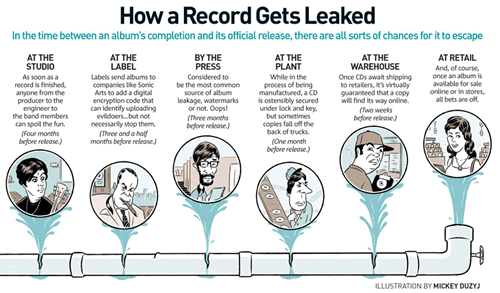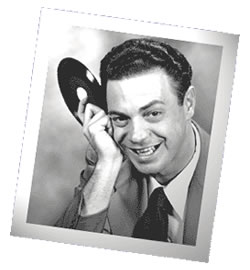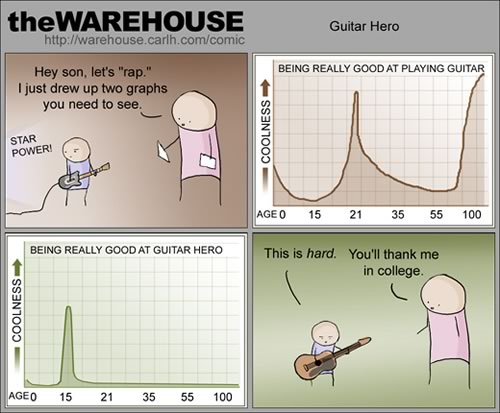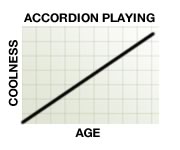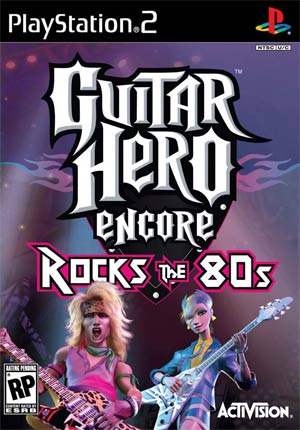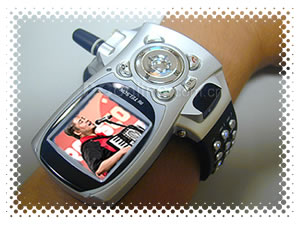
That’s the answer, courtesy of an Engadget interview with Apple VP Phil Schiller. Strangely enough, some thanks goes to those enemies of fair use, the RIAA:
Well, the RIAA wanted to be able to distribute ringtones of its artists without having to pay them big money to do so (surprised?), and it won a decision last year before the Copyright Office saying that ringtones weren’t “derivative works,” meaning they didn’t infringe on the copyright of the songwriter. It’s a little more complicated than that, but essentially, if the RIAA hadn’t won, ringtones would cost even more, since no one would be able to make them without a license from the songwriter.
Everything has a catch, and ringtones are no exception:
- If you’re making a ringtone from an MP3 file that you’ve ripped from a CD you’ve purchased, you’re in the clear. Just don’t sell or distribute it.
- If you’re making a ringtone from a file you purchased from the iTunes Music Store, you’re breaking the law! Here’s Engadget’s explanation:
Judging from the fact that the iTMS EULA prohibits the use of downloaded files as ringtones, we’d say it’s more than likely because Apple’s contracts with the various labels represented in the iTMS specifically forbid it. We haven’t seen them, but we’d bet that ringtones — and the licenses for using songs as ringtones — have their own lengthy section in Apple’s contracts, and that Apple isn’t allowed to sell files for use as ringtones without coughing up more dough. Steve has said as much, after all. Otherwise the selection would include more than just the 500,000 songs you can get right now.
While we at Global Nerdy stress that you should obey all local laws, who’s going to know if that ringtone you made came from a ripped CD or an iTunes purchased tune?
